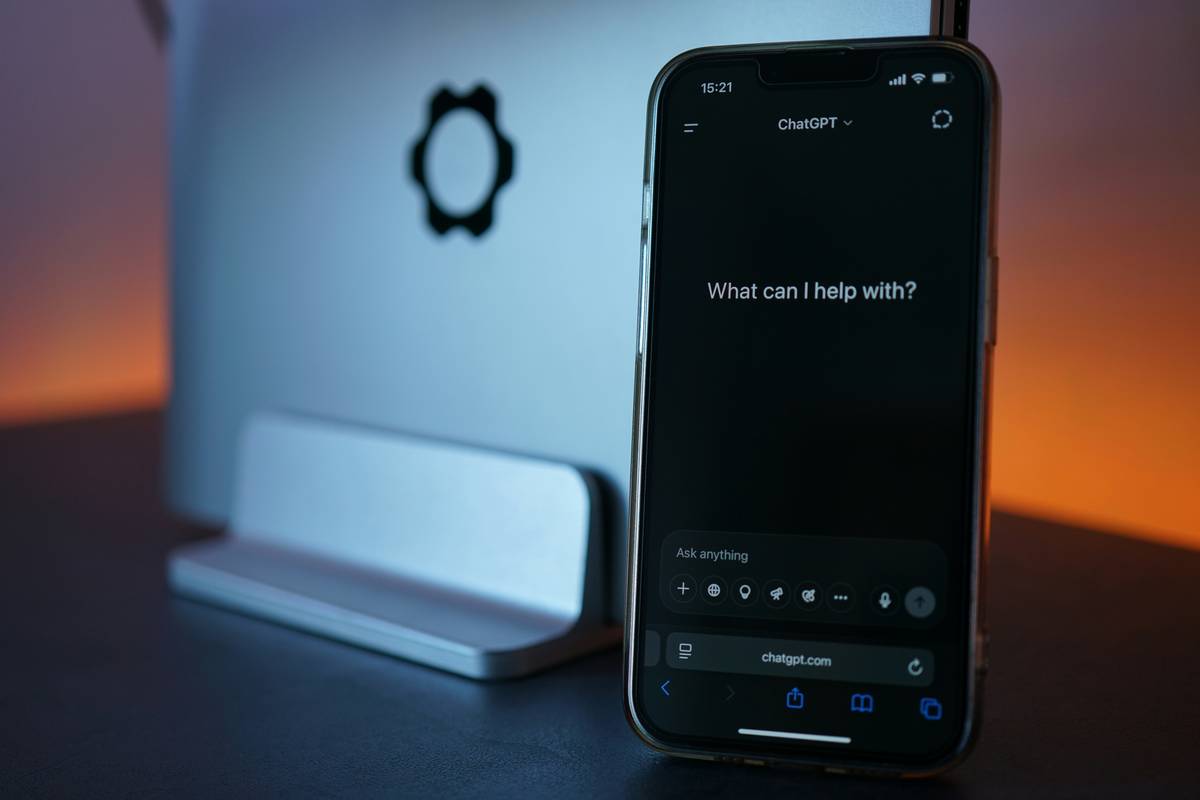Ever wished your business phone could do more than just ring? What if it could handle customer queries, schedule meetings, or even upsell products while you sip your coffee? Yeah, that’s not sci-fi—business phone chatbot integration makes it possible.
In this post, we’ll dive into all things business phone chatbot integration, exploring why it’s a game-changer for productivity and how to implement it without losing your sanity. Ready? Let’s roll.
Table of Contents
- Why Business Phone Chatbot Integration Is Non-Negotiable
- Step-by-Step Guide to Integrate Chatbots
- Pro Tips for Seamless Implementation
- Real-World Success Stories
- Frequently Asked Questions
Key Takeaways
- Business phone chatbot integration streamlines communication and boosts efficiency.
- A well-implemented chatbot can reduce response times by up to 90%.
- Choosing the right platform and training the bot are critical steps.
Why Business Phone Chatbot Integration Is Non-Negotiable
Picture this: You’re swamped with back-to-back calls from clients asking about order statuses, support tickets, and product details. Meanwhile, your team scrambles to log these interactions manually. Sounds like chaos, right?
I’ll confess—my first attempt at automating anything involved setting up auto-responses on my email… only to forget I turned them on. A week later, an angry client messaged, “Are you ignoring me?” Spoiler alert: They weren’t thrilled.
This is where business phone chatbot integration swoops in like a caffeinated superhero. By combining the power of AI-driven chatbots with your existing phone system, businesses can:
- Reduce repetitive tasks.
- Provide 24/7 support.
- Improve customer satisfaction.

Optimist You: “This sounds amazing!”
Grumpy You: “Hold up—what if the bot screws something up?” Worry not; we’ll tackle that soon.
Step-by-Step Guide to Integrate Chatbots
Alright, let’s break down the process of integrating a chatbot into your business phone system so you don’t end up crying over spilled coffee (or missed calls).
Step 1: Choose the Right Platform
Before diving in, pick a reliable VoIP provider or unified communications platform that supports chatbot APIs. Think Twilio, Cisco Webex, or RingCentral.
Step 2: Define Your Use Cases
Ask yourself: What problems am I solving? Answering FAQs? Booking appointments? Upselling during live chats? The clearer your goals, the better your results.
Step 3: Train Your Bot
Your chatbot isn’t born knowing your brand voice—it needs teaching. Input scripts, test scenarios, and refine based on user feedback.
Step 4: Test Extensively
Don’t skip this step! Make sure the bot works seamlessly before unleashing it on real customers. Test edge cases—you know, those weird questions humans love throwing at machines.

Pro Tips for Seamless Implementation
- Avoid Generic Responses: Personalize your bot’s tone to match your brand.
- Keep It Simple: Start small. Add complexity as you see success.
- Monitor Metrics: Track response times, resolution rates, and drop-offs.
- Pet Peeve Alert: Don’t fall prey to bots that sound robotic (yes, they exist). Nothing kills engagement faster than a cold, impersonal interaction.
Real-World Success Stories
Let’s geek out over some numbers. A mid-sized e-commerce company implemented business phone chatbot integration last year. Result? Their average response time dropped from 30 minutes to under 2 seconds. Plus, their conversion rate skyrocketed by 25% because the bot nudged callers toward promotions.

This isn’t just hype—it’s backed by data. According to Gartner, companies using advanced chatbots report a 30% reduction in operational costs.
Frequently Asked Questions
Q: How much does business phone chatbot integration cost?
A: It varies depending on the provider and complexity. Basic plans start around $50/month but scale up for enterprise needs.
Q: Can a chatbot replace human agents entirely?
A: No—and please don’t try. Use chatbots for routine queries and let humans handle nuanced issues.
Q: Are there any terrible tips I should avoid?
Absolutely. Example: Only implementing a chatbot because “everyone else is doing it.” Without proper planning, it’ll flop harder than a pancake thrown across a kitchen.
Conclusion
We’ve covered everything from the why and how to the what-not-to-do of business phone chatbot integration. Remember, it’s not just about tech—it’s about transforming how your business communicates. So go ahead, embrace the future, and watch productivity soar.
And hey, here’s a little haiku to keep you inspired:
Ringing phones no more, Bots whisper sweet solutions, Peaceful coffee sips.


